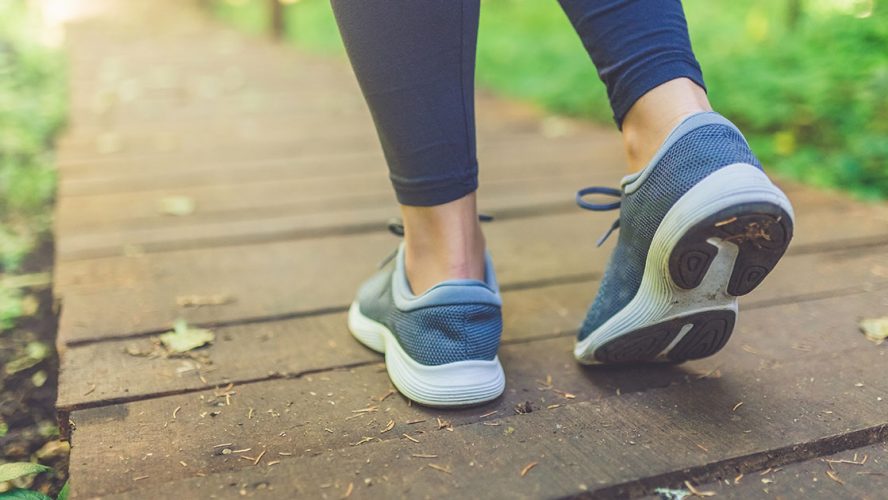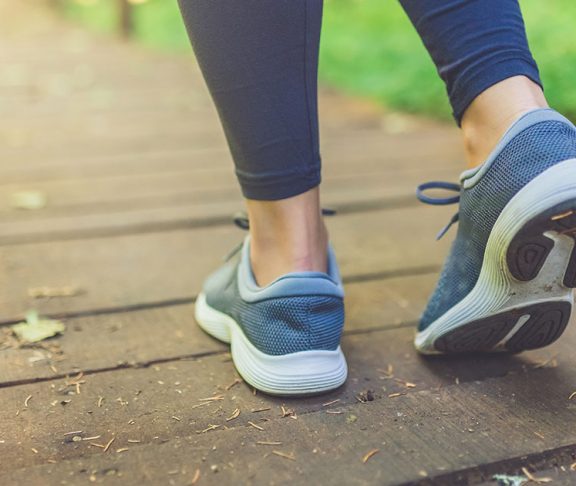Fear of exposure to COVID-19 is driving Americans to avoid routine diabetes care—and resulting in life- and limb-threatening complications.

Priya Parthasarathy, DPM
Foot and Ankle Specialists of the Mid-Atlantic
Since the onset of the pandemic, I have seen some of the sickest patients of my career — and these are not patients who are suffering from COVID-19. These are patients with severe diabetic wounds, gangrene, and even risk of sepsis. These patients are afraid they will contract COVID-19 in a healthcare facility, and as a result, they are avoiding regular care and even ignoring injuries and infections.
Diabetes risks
People with diabetes are classified as high risk for COVID-19, and our national healthcare experts have appropriately cautioned high-risk patients to limit their potential exposure. Those cautions do not extend to avoiding regular care for diabetes.
Patients who have been stuck at home have become more sedentary and often have become lax in their diets. They have neglected to track their A1C levels, and many are risking their feet and, in fact, their lives by putting off routine foot care.
I have patients who were treating wounds on their own at home before finally coming into my office when it was too late to save their feet. Once a wound becomes infected, there is very real risk that the tissue will die (what we refer to as gangrene), which can lead to an amputation. There is also a risk for sepsis, a deadly systemic infection. And even if a patient does not develop sepsis, the five-year mortality rate after a diabetic limb amputation is higher than the five-year mortality rate for many cancers.
Proper foot care
During the pandemic, people with diabetes should stay active and in control by getting proper exercise and nutrition and tracking blood sugar levels. They should stay alert by doing daily foot exams (a caregiver or family member can help) and protecting the feet with shoes, even around the house. And above all, they should stay in contact with their diabetes care team and reach out to their podiatrist if they notice a wound, injury, or other changes to their feet.
Healthcare providers are taking significant precautions to prevent the spread of COVID-19 in their offices. I wear a face shield and mask when treating patients, and I require my patients to wear masks and follow hand hygiene protocols as well. We do temperature checks for all employees, patients, and guests entering the office, and we require social distancing. Physicians’ offices are limiting the number of patients in the office at any given time and following disinfection guidelines for surfaces and equipment. Depending on your condition, you may even be able to take advantage of telehealth options.
With the many safeguards and options in place, the risk of seeking medical attention is much lower than the risk of putting it off. Do not neglect your regular care out of fear of COVID-19. Keep your appointment and keep your feet.


